Georgia Far-Right Groups Threaten To Disrupt Gay Film Premiere
Some far right groups and the Church have basically condemned the film and are planning to stop people from entering the sold out screenings
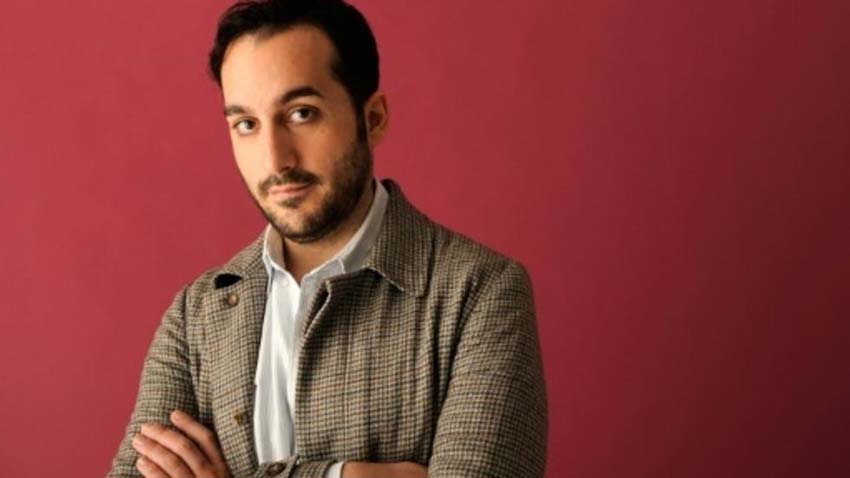
Photo Credit : AFP
Tbilisi (AFP): Far-right groups in Georgia have threatened to disrupt the premiere of an Oscar-nominated Swedish-Georgian gay film, highlighting the grim situation over LGBTQ rights in the conservative country, its director said Friday.
Set in Georgia, "And Then We Danced" - Sweden's official Oscar submission in the best international feature film category is a love story about two male dancers in Georgia's national ballet company.
The film is scheduled to premiere in the capital Tbilisi on Friday evening.
The drama has won worldwide critical acclaim but was denounced by the Caucasus country's influential Orthodox Church as an "affront to the traditional Georgian values."
"Some far right groups and the Church have basically condemned the film and are planning to stop people from entering the sold out screenings," the film's director Levan Akin, a Swede with Georgian roots, wrote on his Facebook page.
"(T)hese are the dark times we live in," he wrote, adding that it is important to "stand up against these shadowy forces in any way we can".
Earlier this week, Sandro Bregadze, former junior minister in the ruling Georgian Dream party's government, said his nationalist Georgian March group will not allow the film to be screened in Tbilisi, calling it a "propaganda of sodomy."
Levan Vasadze, a Georgian businessman with links to Russia's anti-Western and far-right groups, said his supporters will "enter screening rooms in the six cinemas in Tbilisi and turn off the projectors," also vowing to "shove back police if need be."
Georgia's interior ministry issued a statement, promising to ensure "the protection of public safety and order, as well as the freedom of self-expression."
"We address everyone: obey the law. Otherwise, police will use their lawful mandate and suppress unlawful acts immediately," the statement said.
Homosexuality is still highly stigmatised in Georgia, a socially conservative Black Sea nation where the immensely influential Orthodox Church has previously clashed with Western-leaning governments over social issues.
Critics of the ruling Georgian Dream party have accused the government of giving tacit support to homophobic and nationalist groups which traditionally support the party in elections and have staged protest rallies against pro-Western opposition parties.
-
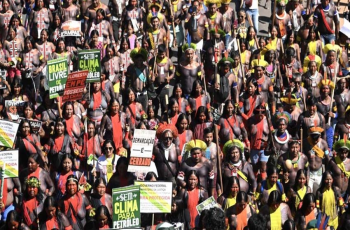
Indigenous people march in Brazil to demand land demarcation
2024-04-24 -
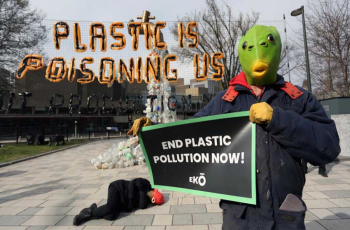
Talks on global plastic treaty begin in Canada
2024-04-24 -
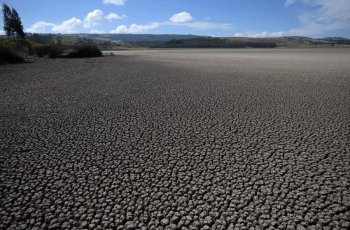
Colombian court recognizes environmental refugees
2024-04-24 -
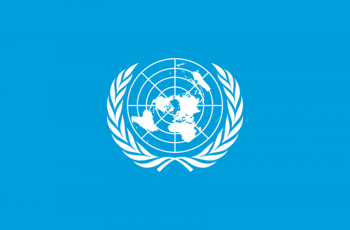
Asia hit hardest by climate and weather disasters last year, says UN
2024-04-23 -
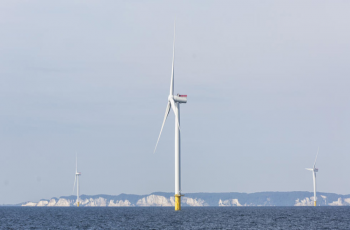
Denmark launches its biggest offshore wind farm tender
2024-04-22 -
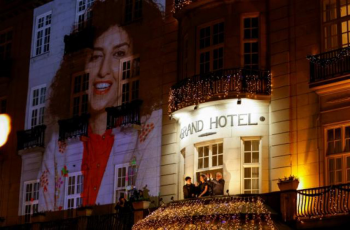
Nobel laureate urges Iranians to protest 'war against women'
2024-04-22 -
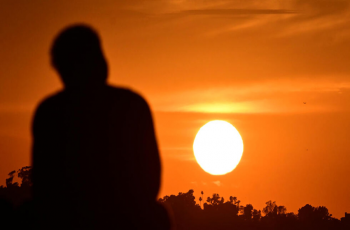
'Human-induced' climate change behind deadly Sahel heatwave: study
2024-04-21 -
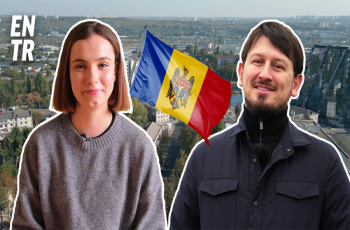
Moldovan youth is more than ready to join the EU
2024-04-18 -
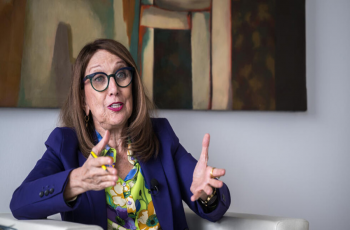
UN says solutions exist to rapidly ease debt burden of poor nations
2024-04-18 -
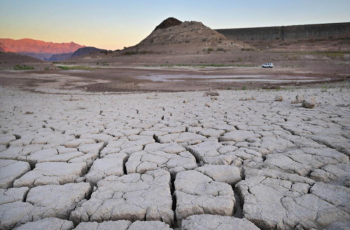
Climate impacts set to cut 2050 global GDP by nearly a fifth
2024-04-18
